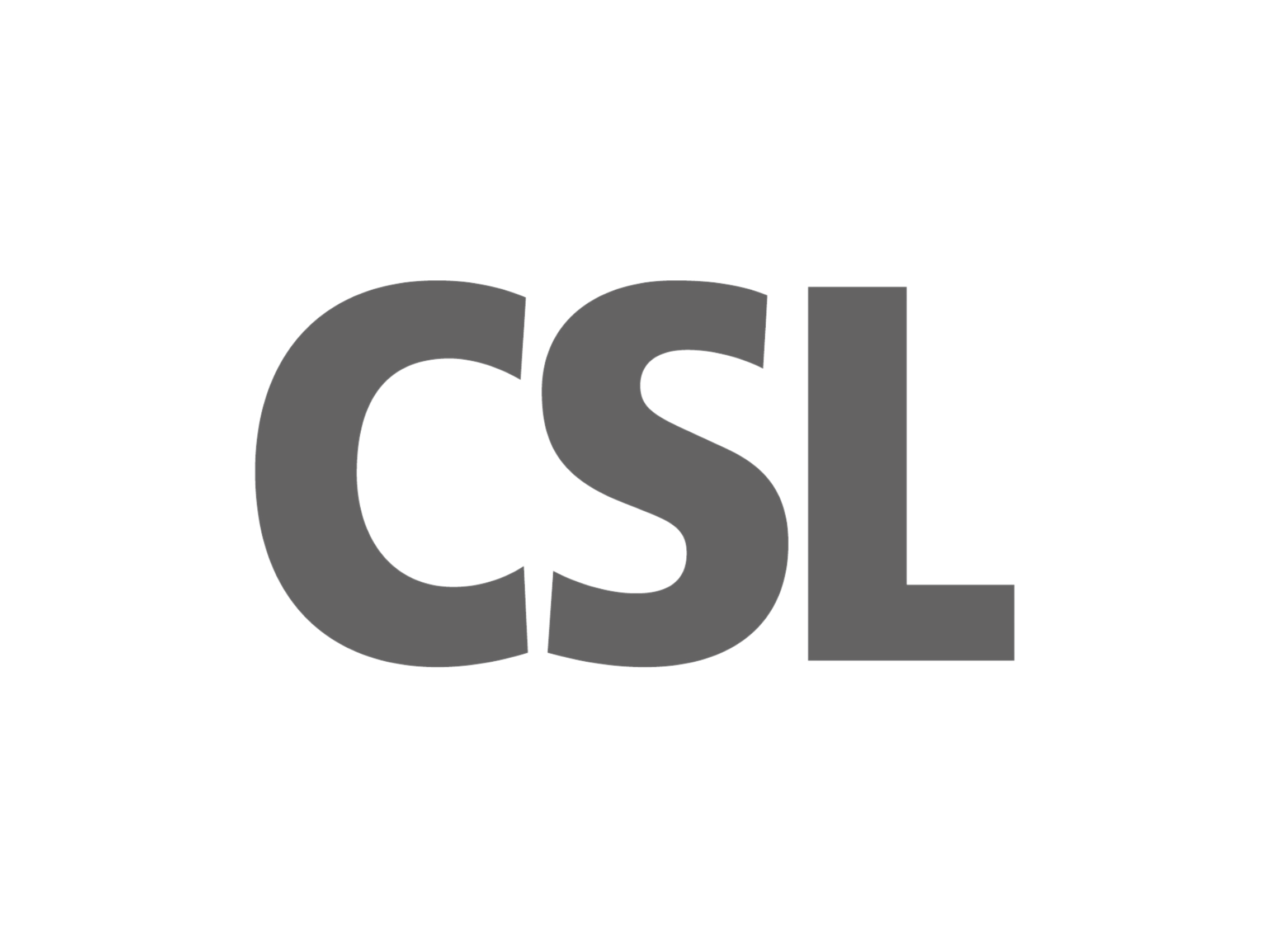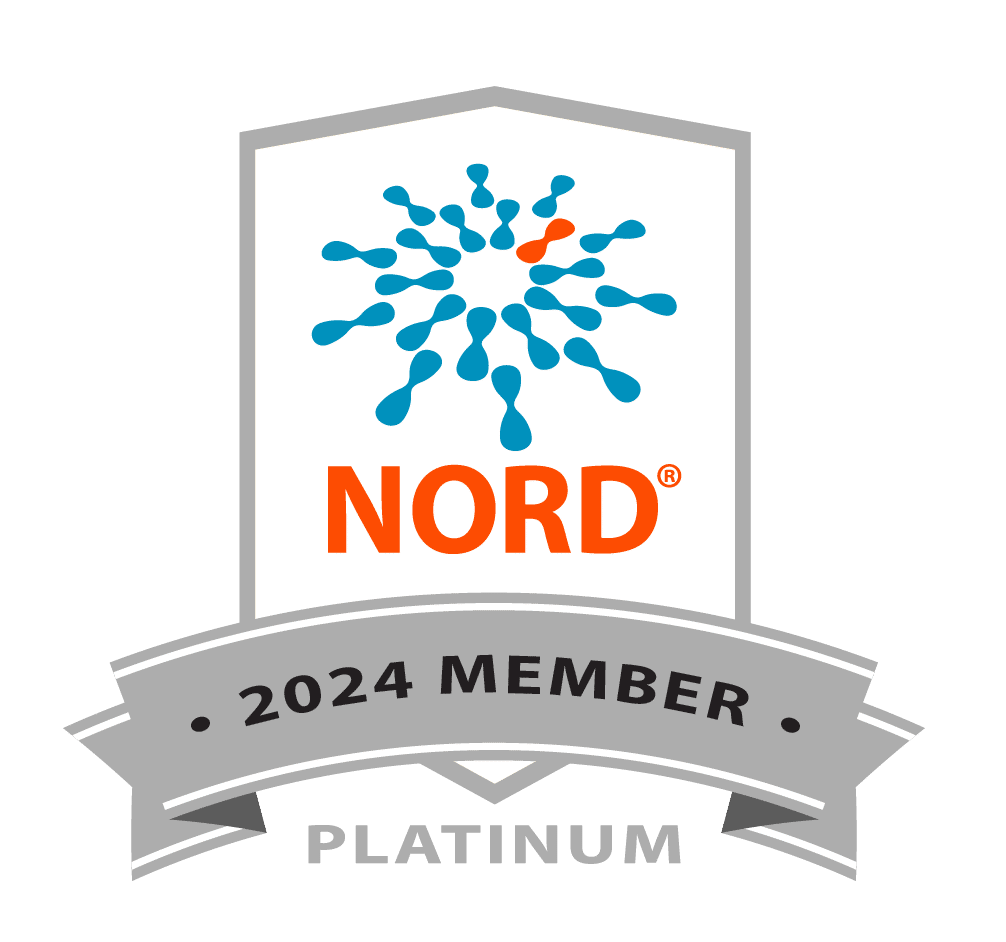FOR IMMEDIATE RELEASE
November 10, 2022- The Alpha-1 Foundation announces the appointment of Andrew A. Wilson, MD as its new Scientific Director. Dr. Wilson assumes this role with a long-standing passion and commitment to the Alpha-1 community. “On behalf of the Alpha-1 Foundation, I am excited to work with Dr. Wilson to continue the mission-focused work of the Foundation that has been at the forefront of Alpha-1 research for nearly 30 years,” states Scott Santarella, President and CEO of the Alpha-1 Foundation.
As a pulmonary and critical care clinician-scientist with a focus on regenerative medicine and stem cell biology, Dr. Wilson’s goal is to advance understanding of and treatment for genetic causes of chronic obstructive pulmonary disease (COPD) and the most common genetic cause of COPD, Alpha-1 Antitrypsin Deficiency (Alpha-1). He has been an active member of the Alpha-1 community since 2006, serving as the head of the Clinical Resource Center (CRC) at Boston University Chobanian & Avedisian School of Medicine, member of the Grant Advisory Committee (GAC) and member of the Research Registry Working Group. Dr Wilson is also site Principal Investigator of the Alpha-1 Biomarkers Consortium (A1BC) study and also of the Alpha-1 Antitrypsin Deficiency Adult Clinical and Genetic Linkage Study at Boston University.
Dr. Wilson first became involved with the Alpha-1 Foundation through research during his pulmonary and critical care fellowship at Boston University Chobanian & Avedisian School of Medicine. Interested in developing gene therapies for lung disease, he applied for grant funding from the Alpha-1 Foundation in 2006 and was fortunate to be the recipient of a fellowship grant. Over time, his interest in Alpha-1 grew as he became acquainted with the late John W. Walsh and met Alpha-1 patients at Foundation meetings and events.
“I am honored and humbled to have been selected as the new Scientific Director of the Alpha-1 Foundation. Many researchers who are currently working on Alpha-1 research, myself included, probably wouldn’t be doing so if it were not for the support they have received from the Alpha-1 Foundation over the years. In the same vein, having an organized patient community is key since translational research relies upon access to patients with the disease. Researchers must be able to find patients. We are fortunate that Alphas are so enthusiastic and generous in their participation in research. I hope that as Scientific Director I will be able to help the Foundation to advance its mission and work towards a cure for AATD.”
In 2012, Dr. Wilson opened the Alpha-1 Center, combining the CRC and the Alpha-1 research program, which has since grown into one of the largest CRCs in the Northeast. The CRC at Boston University is highly engaged with the Alpha-1 community through a variety of mechanisms. The Wilson Lab, located at the Center for Regenerative Medicine (CReM) of Boston University/ Boston Medical Center, maintains an active research program focused on Alpha-1. They use patient-derived stem cells, called “induced pluripotent stem cells” or “iPSCs” that can be coaxed to become liver or lung cells in a dish. These cells are used to study how Alpha-1 works in patient cells in the lab and use that system to test potential therapeutics. They also share the cells with other researchers for use in their research efforts directed at developing treatments for Alpha-1 patients.
The four core areas of Dr. Wilson’s research are: I) to confirm the clinical significance of the iPSC platform to model in vivo patient biology and demonstrate its potential for testing potential therapeutic agents; II) to better understand the genetic factors and mechanistic drivers that predispose subsets of Alpha-1 patients to develop clinical disease; III) to elucidate the mechanistic contribution of putative COPD susceptibility genes to lung disease pathogenesis; and IV) to develop gene or cell-based therapies for Alpha-1.
Dr. Wilson and the Wilson Lab have been actively involved in the Alpha-1 community, participating as a team in the annual Escape to the Cape bike trek on Cape Cod for the past eight years and hosting Alpha-1 support groups from Massachusetts to Maine for visits to CReM many times over the years. These visits have helped inform the CRC about what is important to the patient community and have allowed patients to hear about ongoing research. In some cases, patients have even been able to see their own cells growing in the lab. The Alpha-1 community honored Dr. Wilson in 2014 with the Shillelagh award at the annual Celtic Connection fundraising event to honor his outstanding commitment to Alpha-1 research.
The Alpha-1 Foundation is grateful to Dr. Mark Brantly for serving as the Scientific Director since 2019. “Thank you to Dr. Mark Brantly for his outstanding leadership as Scientific Director for the past three years,” stated Jon Hagstrom, Chair of the Alpha-1 Foundation Board of Directors. “We are honored to have Dr. Brantly join the Alpha-1 Foundation Board of Directors. We are excited to have Dr. Wilson lead us at this exciting time in Alpha-1 research. This would not be possible without the many academic investigators, like Dr. Wilson, whose discoveries have brought the field to this critical juncture.”
“It has been my honor over the last three years to have served as the Alpha-1-Foundation’s Scientific Director and I step down with great confidence that Dr. Andrew Wilson from Boston University will provide cutting-edge scientific direction for the Alpha-1 Foundation in the coming years. The Foundation is very fortunate to have a very successful researcher and clinician as their new scientific director,” said Dr. Mark Brantly.
About the Alpha-1 Foundation
Alpha-1 Antitrypsin Deficiency (Alpha-1) is a genetic (inherited) condition that is passed from parents to their children through their genes. Alpha-1 may result in serious lung disease in adults and/or liver disease at any age. The Alpha-1 Foundation, founded in 1995, is committed to finding a cure for Alpha-1 and to improving the lives of people affected by Alpha-1 worldwide. The Foundation has invested over $91 million to support Alpha-1 research and programs at 128 institutions in North America, Europe, South America, the Middle East, and Australia.
Contact: Jeanne Kushner
Director of Communications & Public Affairs
877-228-7321, ext. 204
jkushner@alpha1.org











